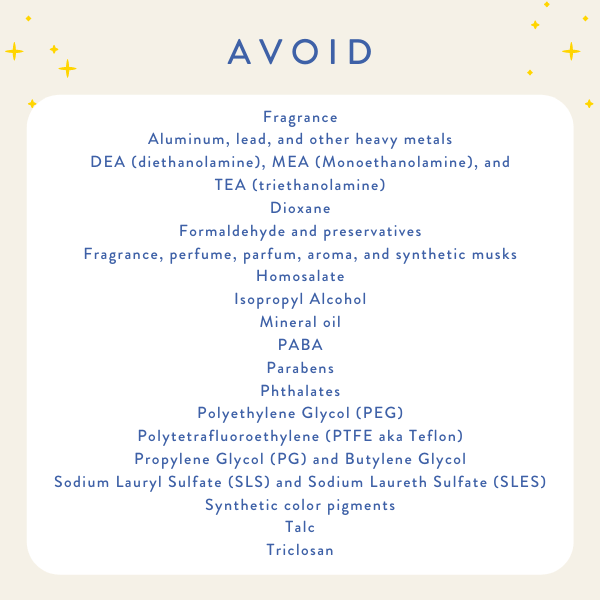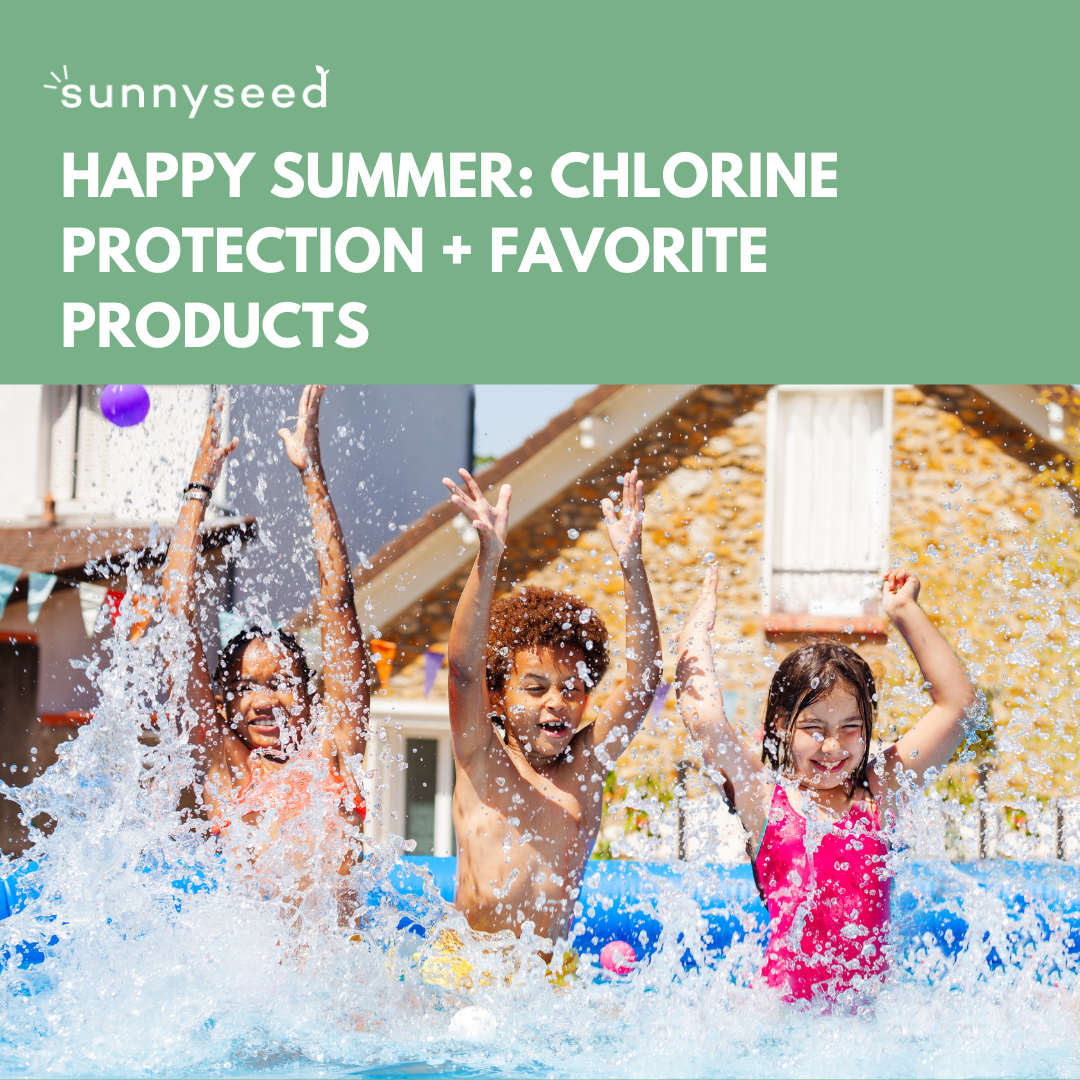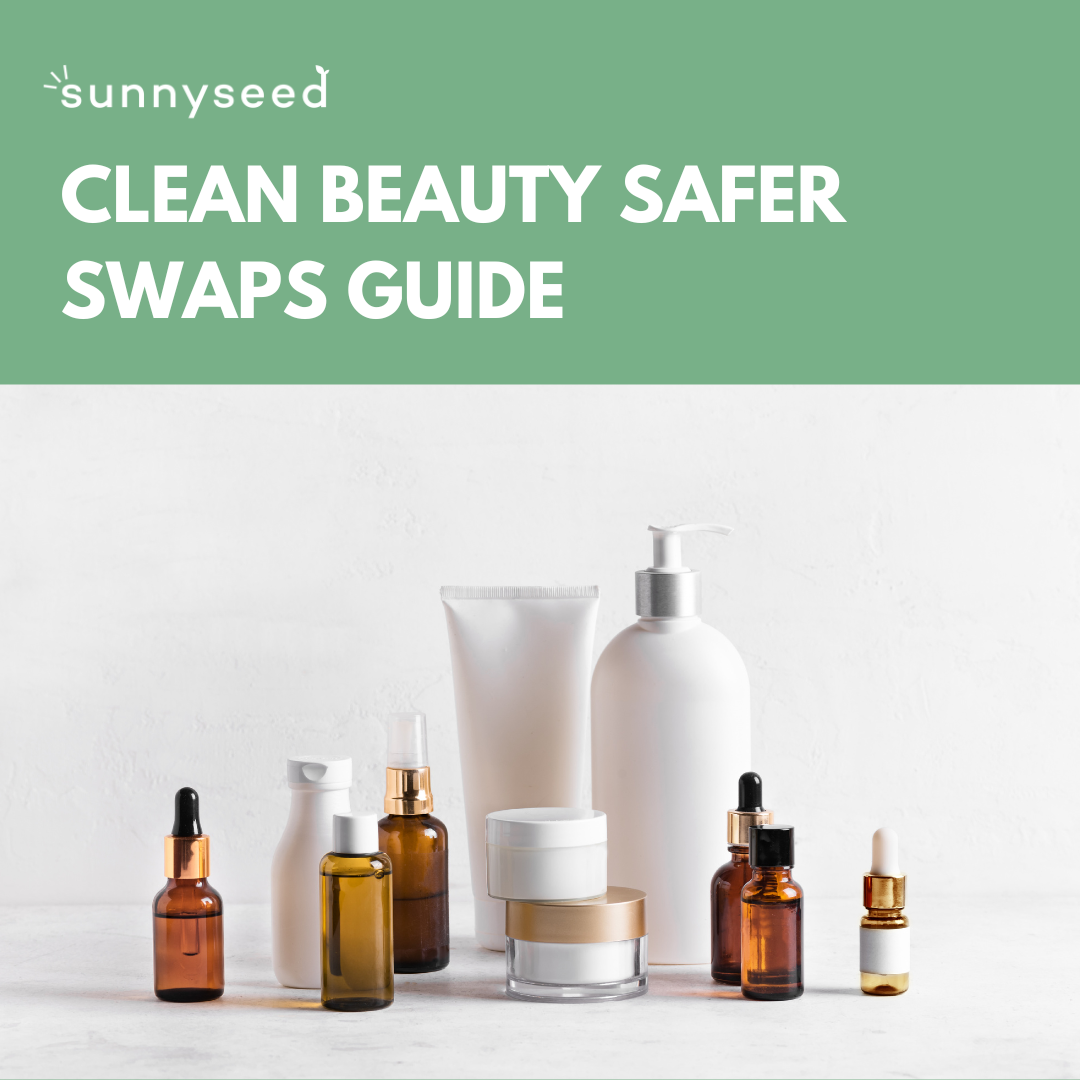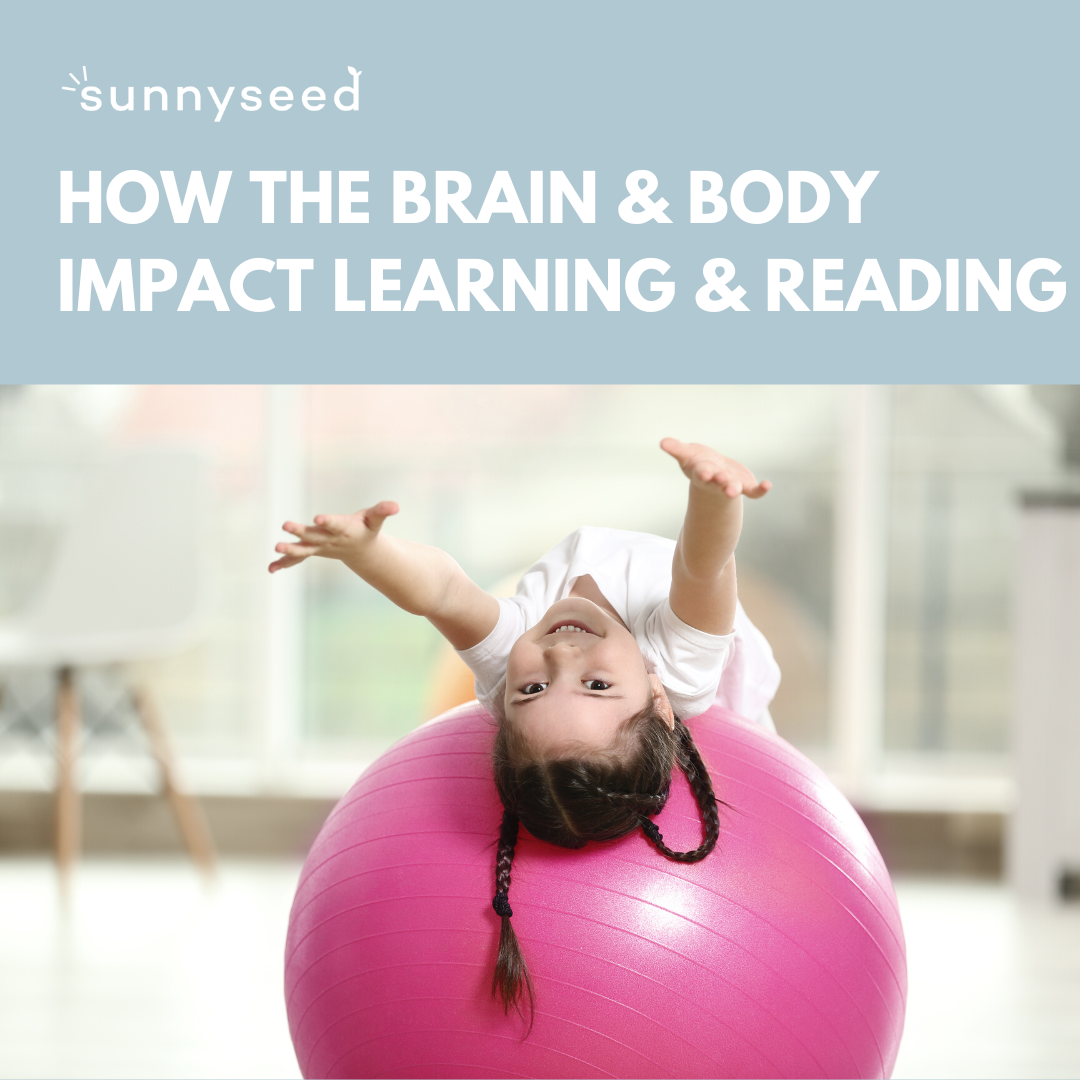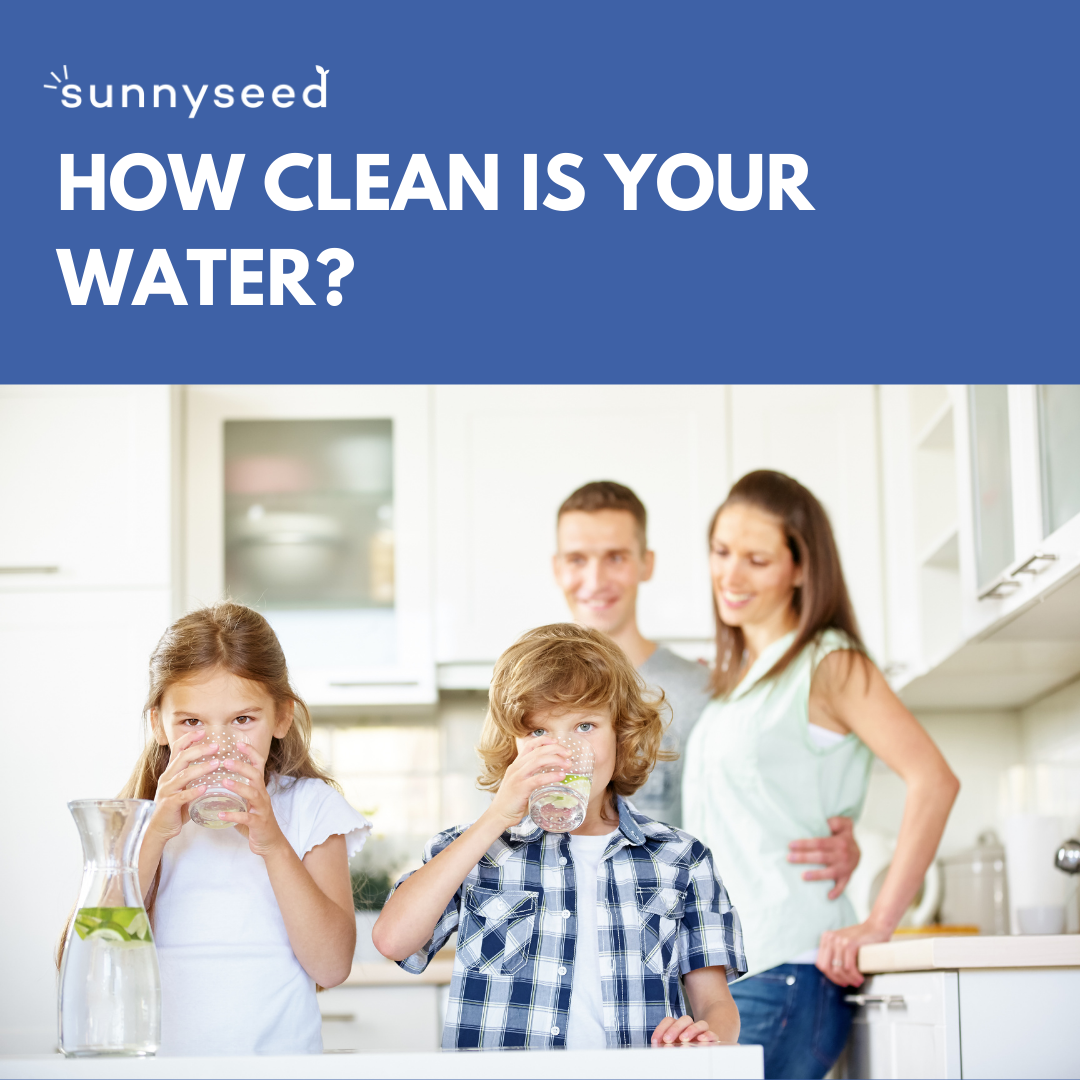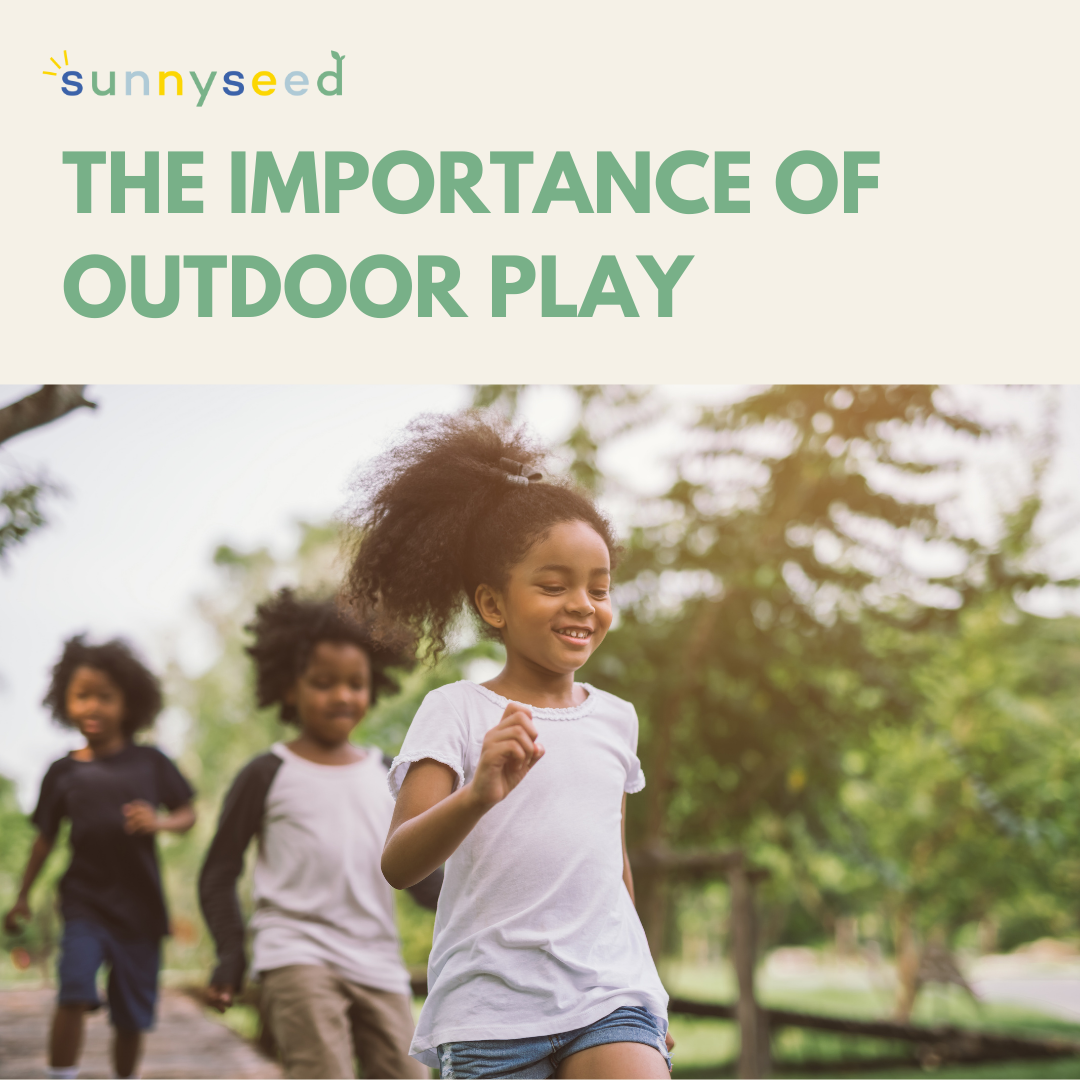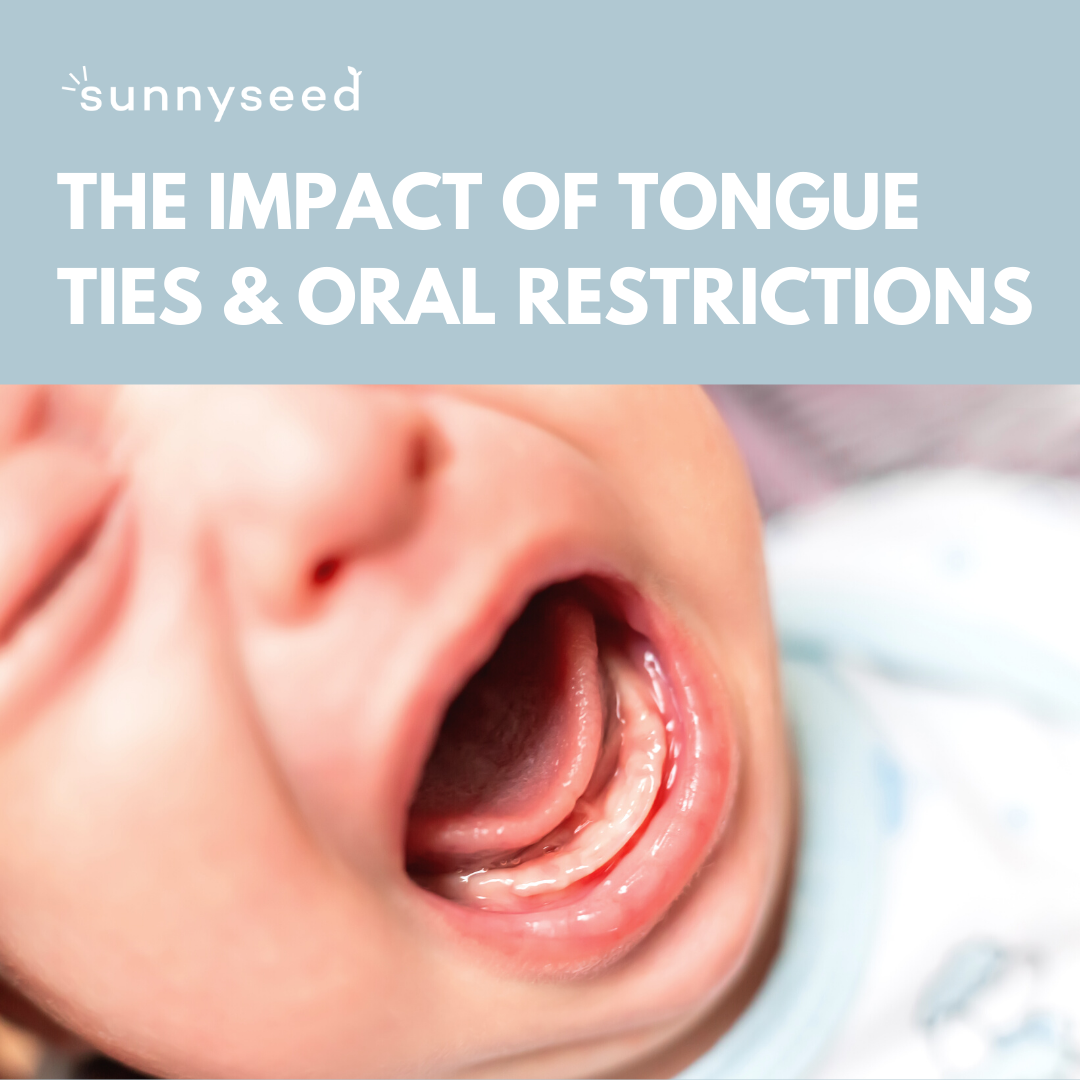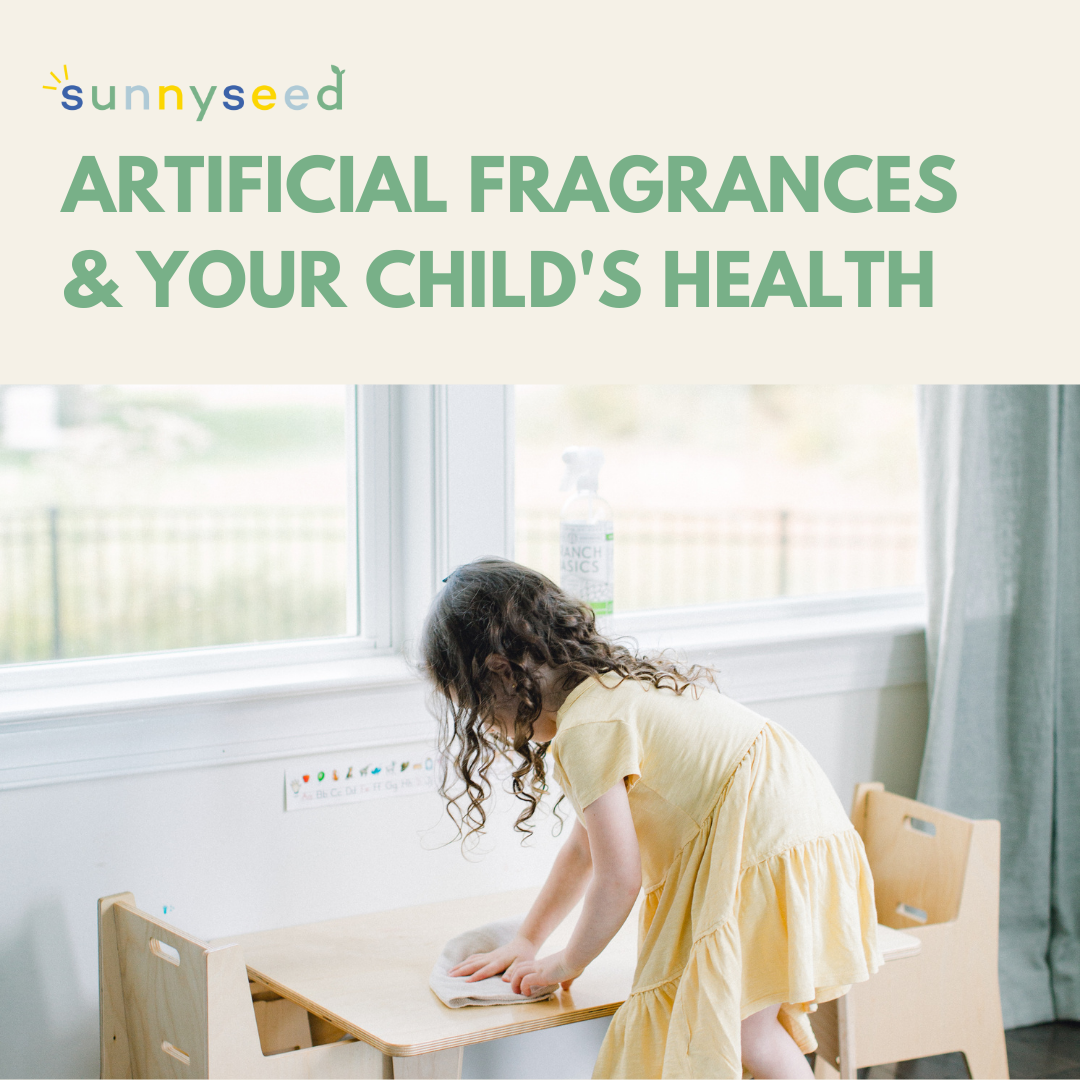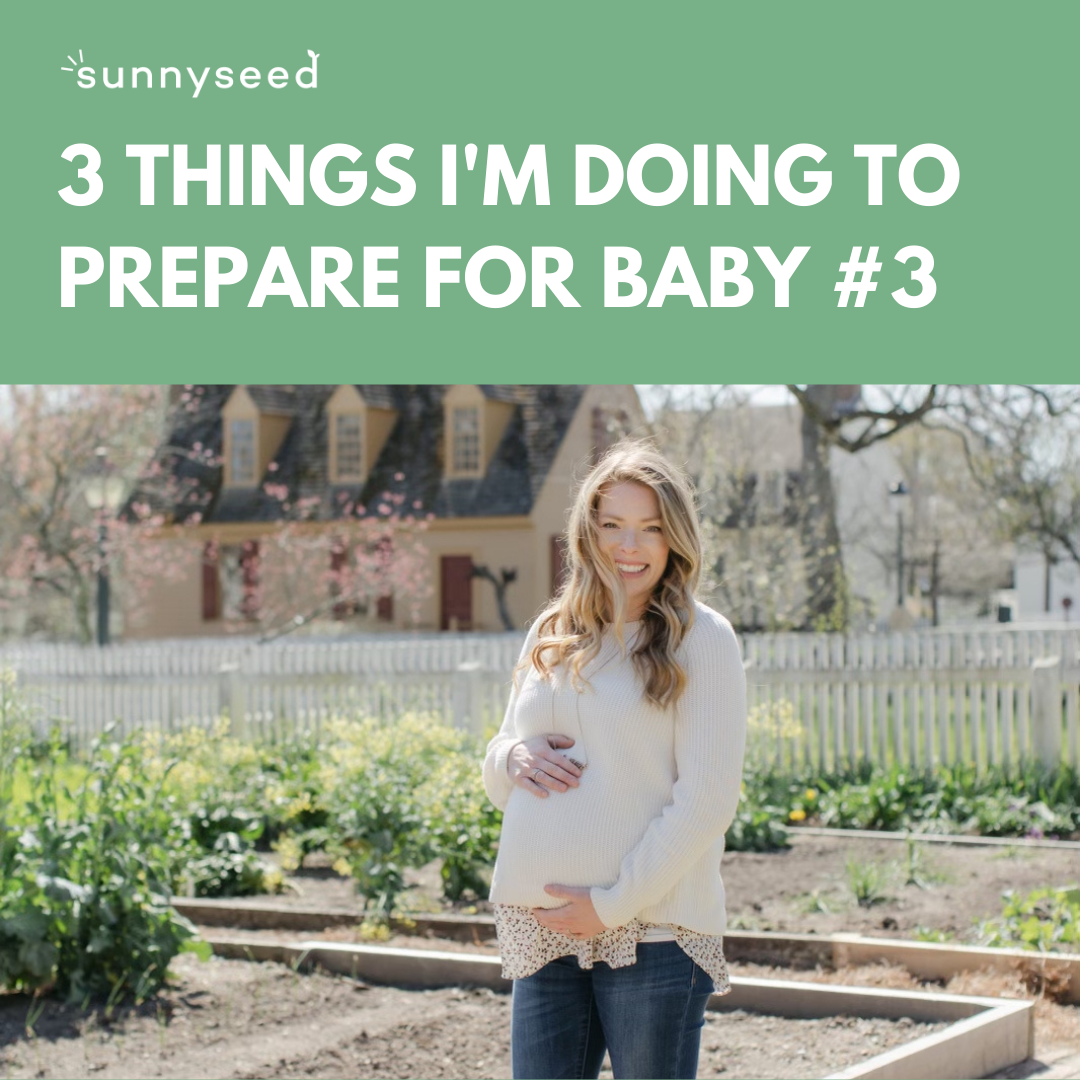Harmful Chemicals to Avoid
Navigating ingredient labels can be very annoying and confusing. I had a lot more patience for it before kids, but thankfully since then I’ve found companies I trust and love. You can find all of my top recommendations here.
When reading labels, I always look for these easy offenders first:
Fragrance – includes more than 3,000 chemicals that do not have to be disclosed to consumers because they are considered a company’s “trade secret.”
Anything with –eth at the end of it
Parabens
Phthalates
PEG
SLS or SLES
The tricky part is these chemicals can also be disguised under other names.
Save this list from the Campaign for Safer Cosmetics to your phone for quick reference when you're out shopping or just shop from my favorite brands.
APPS
There are two apps you can download on your phone: EWG Skin Deep and Think Dirty, but they both have their shortcomings, so I still highly recommend reading individual product labels.
EWG is far better than Think Dirty, but neither are the be-all-end-all. Consider them a jumping off point until you become more confident reading ingredient labels. I always cross reference and dive deep into PubMed.
Here’s what you should know about these appS
Companies can change their formulation and the apps are not always up to date.
Brands who fully disclose ingredients are compared with some companies who are NOT disclosing all of their ingredients.
They do not consider how much of an ingredient is in the product. This is important because safety data points have safe limits and unsafe limits.
Ingredients are analyzed in isolation and the apps do not consider harmful reactions that can occur between several ingredients.
The sourcing of ingredients is not taken into account. Many ingredients score high because they may contain impurities, however companies can obtain certificates of purity from suppliers to ensure that ingredients are not contaminated. This isn't taken into account in the Think Dirty score but companies can share this with EWG. EWG has a stricter level of testing that takes into account these kinds of intricacies through their EWG verified program. I aim to purchase products that are EWG verified.
Think Dirty doesn't take into account the percentage and functional need for preservatives in products that contain water. Not using preservatives poses a health risk of bacterial contamination. The apps do not consider how much is used. Less than 1% is considered safe.
GREENWASHING
Marketing and cosmetic regulations in America are close to nill, so a product only needs to contain one natural ingredient for a company to put that on their label. Greenwashing is when a product’s marketing conveys a false or misleading impression. Terms like: natural, pure, free and gentle, hypo-allergenic, clean, and plant based do not hold any legal regulation in the cosmetic world. They are simply marketing terms.
Here are some brands who have tricked me in the past. All toxicity scores are from the EWG skin deep app as of Nov 2020. Individual products vary, so I shared the scores of specific products I previously owned and used.
Aveeno (6/10)
Babyganics (6/10)
Tide Free & Gentle (9/10 TD)
Bare Minerals (doesn’t third-party test for heavy metals or asbestos)
The Body Shop (7/10)
Burt’s Bees (5/10 and FDA found lead in their lipstick)
Jason (5/10)
Method (5/10)
Mrs. Meyers (4/10)
Neutrogena (6/10, their sunscreen is 10/10)
Simple (6/10)
Tarte Cosmetics (6/10)
Yes To (4/10)


